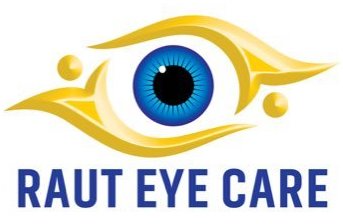
Cataract evaluation is an eye exam designed to diagnose and evaluate the severity of a cataract.During the evaluation, the eye doctor will check your vision and examine the lens of the eye for any signs of opacification or clouding.
The doctor will also measure the eye pressure, look for any signs of inflammation or damage, and assess the retina.Depending on the results of the cataract evaluation, the doctor may recommend surgery or other treatments.
Cataract surgery is a common procedure to remove cataracts and restore vision.After surgery, the doctor may recommend additional tests or medications to help prevent further damage to the eye.






